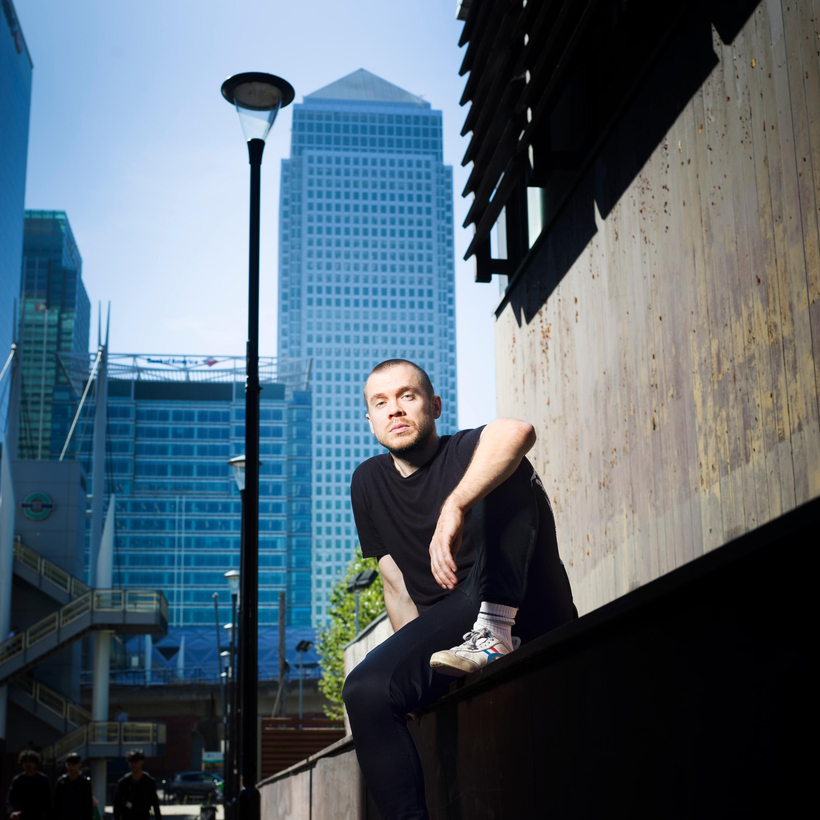In some ways, I was born to be a trader.
At the end of the street I grew up on, in front of the tall, concave wall of a recycling center, a lamp post and a telegraph pole stand four yards apart from one another, forming the perfect set of impromptu goalposts. If you stand between those two posts, take 10 big steps backward, and stare upward and between them, into the far distance, the light of the tallest Canary Wharf skyscraper will peek over that high wall, and wink at you.

